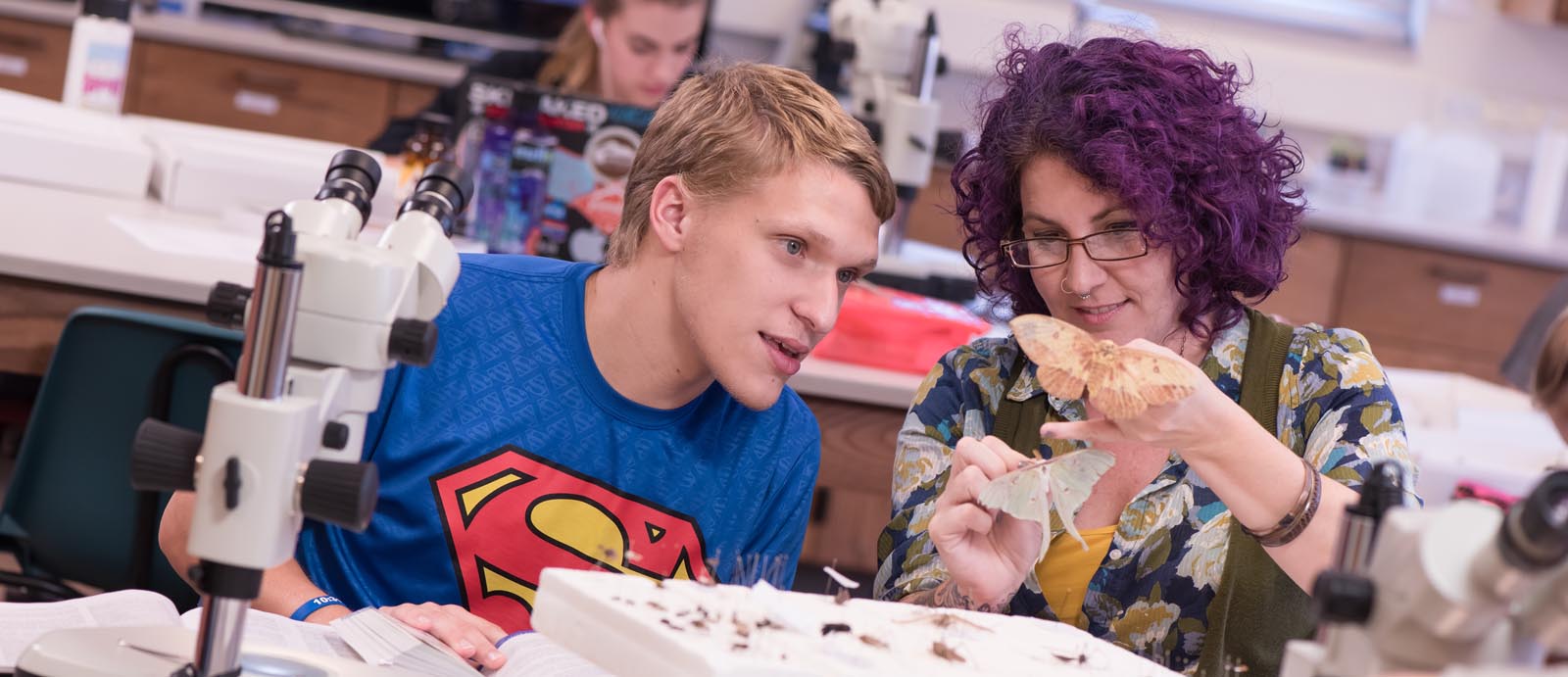In socio-ecological discourse, a question often arises: “What could I do if I studied ecology?” This inquiry possesses nuanced layers, inviting the exploration of myriad career paths and contributions to environmental stewardship, sustainability, and scientific advancement. As we traverse this intricate landscape, let us consider the profound impact that an academic background in ecology can bestow upon individuals and the global community.
Ecology, the scientific study of interactions between organisms and their environments, offers a compelling lens through which to understand the world. But beyond theoretical knowledge, what practical avenues lie ahead for those who dedicate their studies to this field? The answer is as diverse as the ecosystems themselves.
First and foremost, graduates with a focus on ecology can pursue careers in environmental consulting. In this role, you would assist corporations and governments in making informed decisions aligned with ecological principles. By evaluating the environmental impacts of projects and advocating for sustainable practices, you bridge the gap between economic development and ecological integrity. Challenges arise, however, in balancing stakeholder interests, necessitating both scientific acumen and diplomatic finesse.
Next, consider the vocation of a conservation biologist. This discipline focuses on the preservation of biodiversity, necessitating a profound understanding of species interactions and habitat requirements. Those in this field often find themselves immersed in fieldwork, studying ecosystems under threat from anthropogenic influences. Armed with data, they formulate strategies to mitigate risks to endangered species, thus playing a pivotal role in global biodiversity initiatives. Yet, the task is laden with challenges, as engaging with local communities and policymakers requires adept negotiation and advocacy skills.
The arena of research and academia offers another promising venue for ecologists. By pursuing advanced degrees, individuals can engage in scholarly research that contributes to a broader understanding of ecological systems. This pathway often includes publishing findings in peer-reviewed journals, teaching future ecologists, and pioneering innovative studies that push the boundaries of current ecological knowledge. However, researchers may face funding constraints and the pressure to produce results within the confines of grants, thereby posing their own set of intellectual challenges.
Moreover, many ecological enthusiasts find fulfillment in non-profit organizations dedicated to environmental education and activism. In these roles, you would raise public awareness about ecological issues, fostering a connection between communities and nature. Educational programs, outreach initiatives, and grassroots campaigns become your tools in mobilizing collective action towards ecological preservation. Nonetheless, these efforts can be met with resistance, requiring resilience and tenacity to effect meaningful change.
A burgeoning field is that of urban ecology, where the principles of ecology intersect with urban planning. As urbanization continues to rise, there is an urgent need for professionals who can harmonize city growth with ecological sustainability. In this capacity, you would analyze urban ecosystems, develop green infrastructure solutions, and advocate for biodiversity in metropolitan areas. The complexities of urban environments present a unique challenge, demanding ingenuity and collaboration among various stakeholders.
Additionally, ecologists are increasingly sought after in the agricultural sector, where the focus shifts to sustainable farming practices. In this domain, you may investigate the interplay of agricultural systems and ecological health, advising farmers on methods that enhance soil fertility and promote biodiversity while maintaining productivity. The challenge here lies in navigating the economic pressures faced by farmers, often at odds with ecological recommendations, requiring a delicate balance between advocacy and practical implementation.
Equally important is the role of public policy and advocacy in shaping ecological outcomes. Environmental policy analysts use their ecological knowledge to inform legislation, influence public opinion, and promote sustainable practices at the governmental level. In this capacity, you may contribute to the development of regulations that protect natural resources or advocate for climate action. The complexities of interconnected political landscapes present both opportunities and formidable challenges, requiring robust analytical skills and the ability to communicate effectively across disciplines.
Furthermore, education, particularly at the K-12 level, provides an opportunity to instill ecological awareness in future generations. By becoming an educator, you can inspire students to appreciate and protect the environment, emphasizing the importance of ecological literacy. This role may involve creative curricula development, hands-on experiences, and community engagement. However, it also demands adaptability to cater to diverse learning styles and varied levels of student engagement.
The strides made in ecological science have also paved the way for ecologists in the realm of sustainability consulting for businesses. Understanding the ecological footprint of corporate practices is vital in today’s environmentally conscious market. By advising companies on sustainable operations and resource management, ecologists facilitate a transformation toward greener practices. Yet, this profession necessitates the challenge of operating within the realities of corporate culture, where economic and environmental goals must be synchronized.
In conclusion, the realm of ecology presents a plethora of potential career paths, each fraught with unique challenges and profound opportunities for impact. Whether through direct conservation efforts, research, education, or policy advocacy, those who study ecology can wield significant influence in addressing pressing environmental issues. The question remains: are you prepared to embrace the complexities and responsibilities that come with your ecological knowledge? As the global community grapples with climate change, biodiversity loss, and sustainable development, the contributions of ecologists will be crucial in shaping a resilient and harmonious relationship between humanity and nature.










